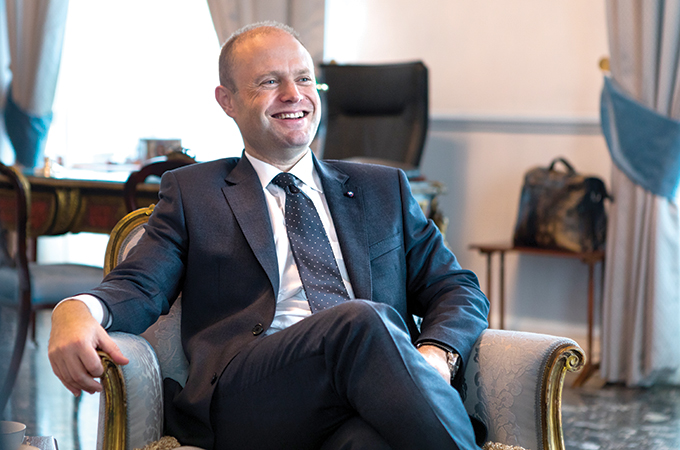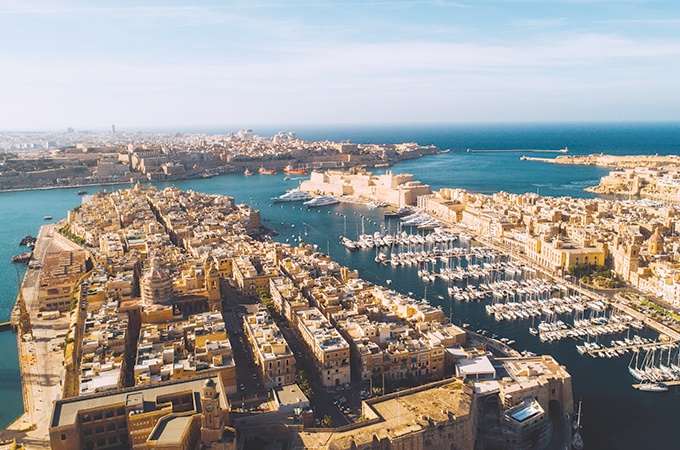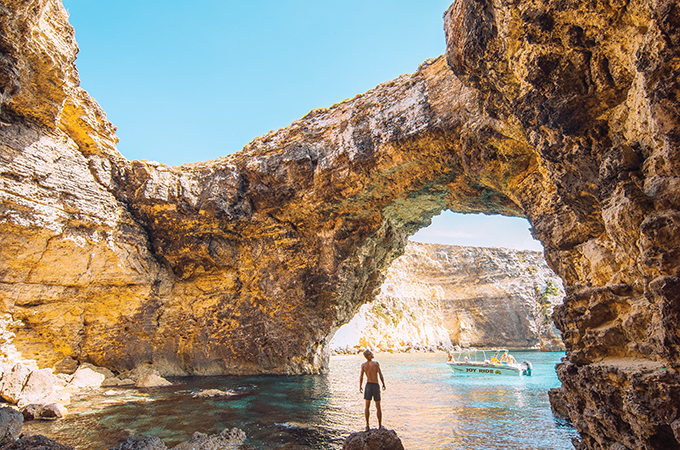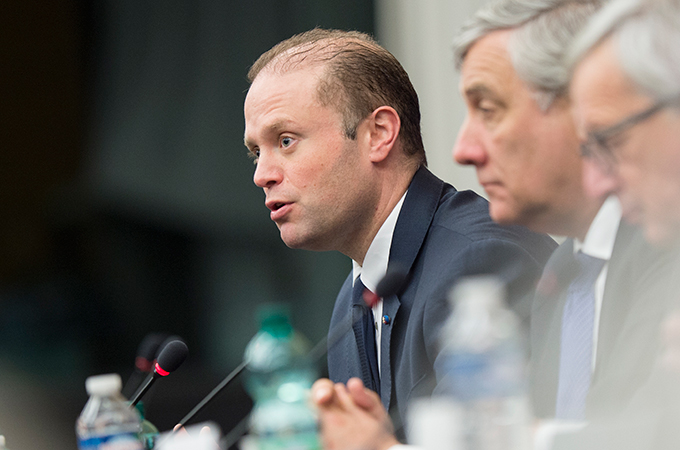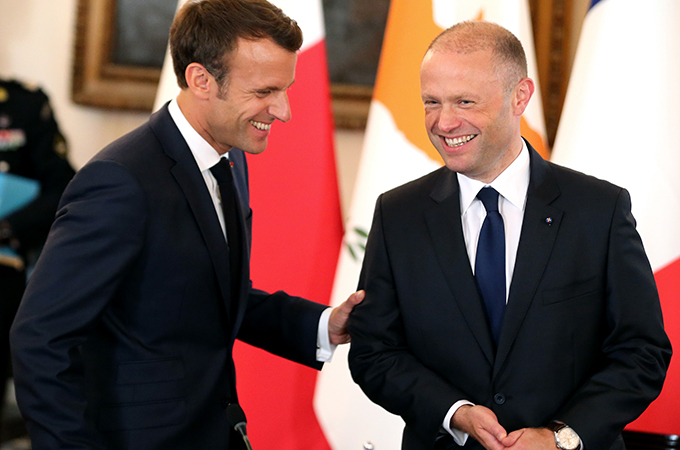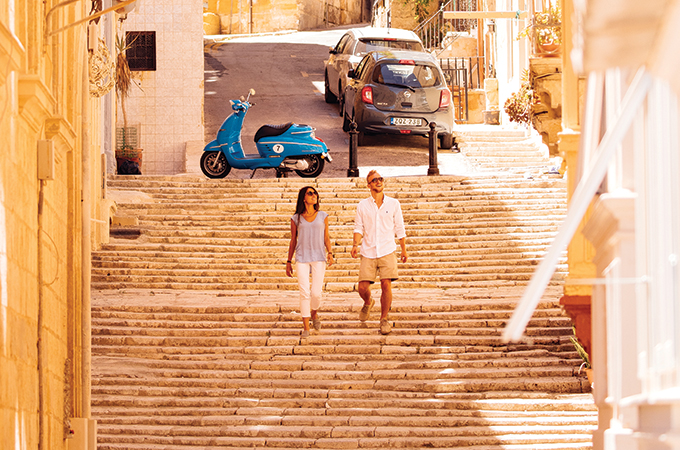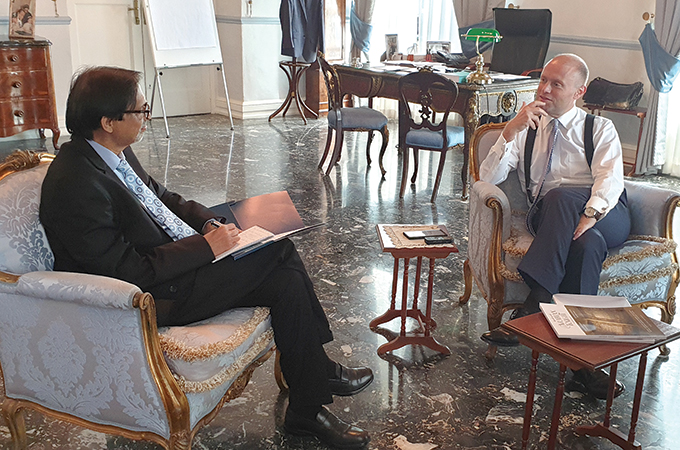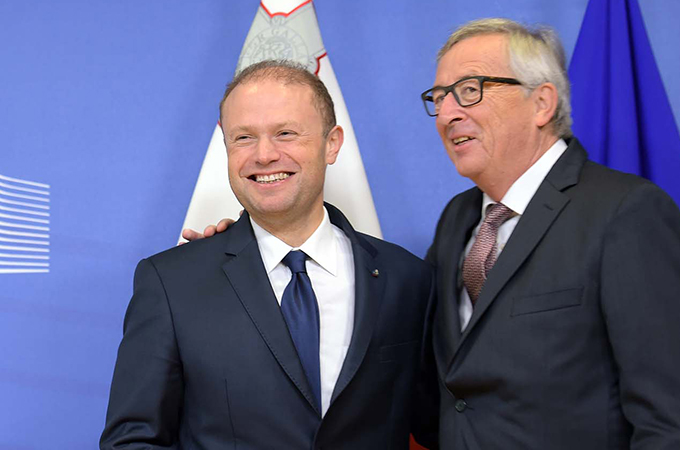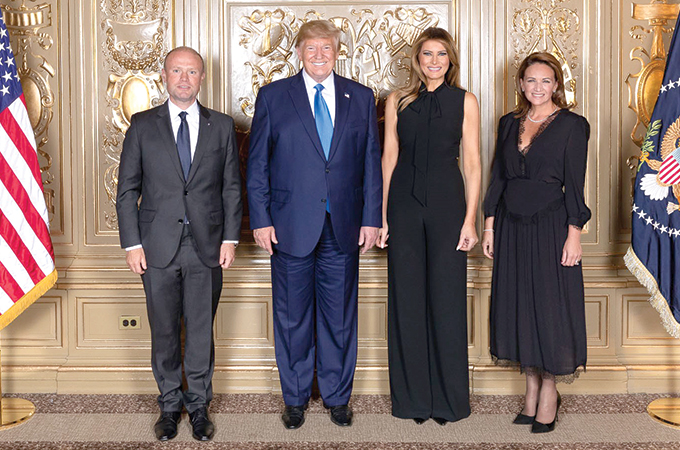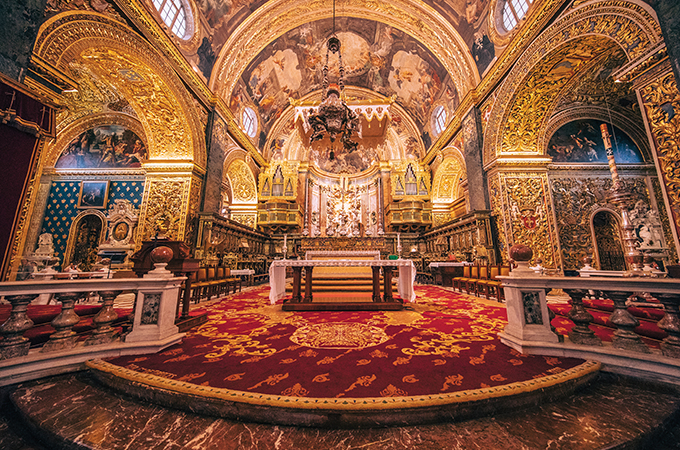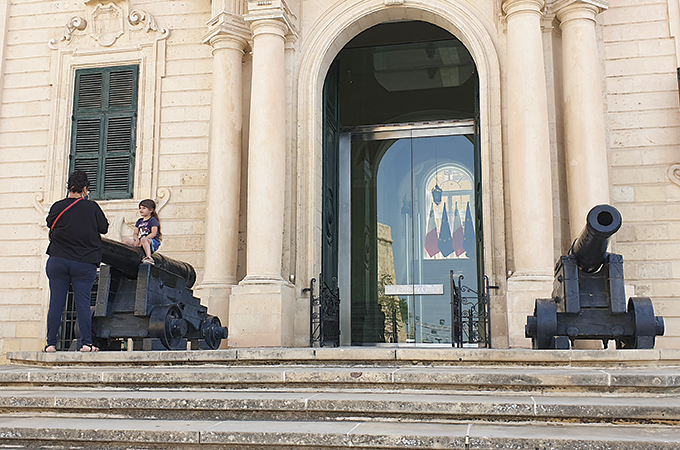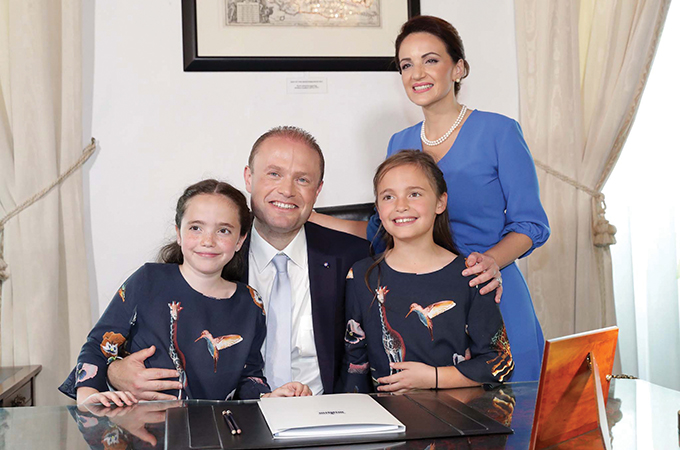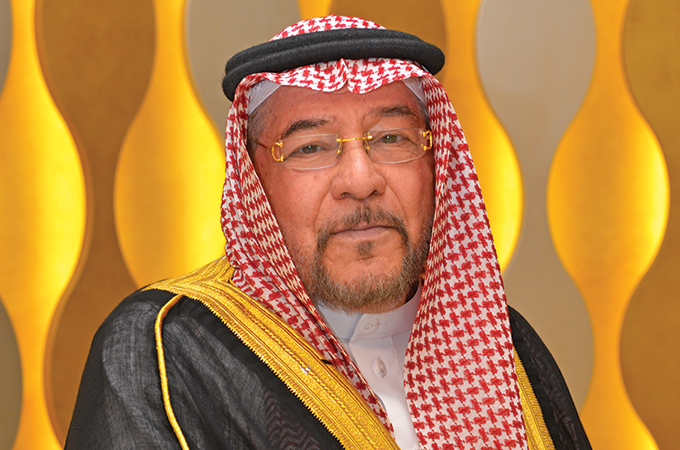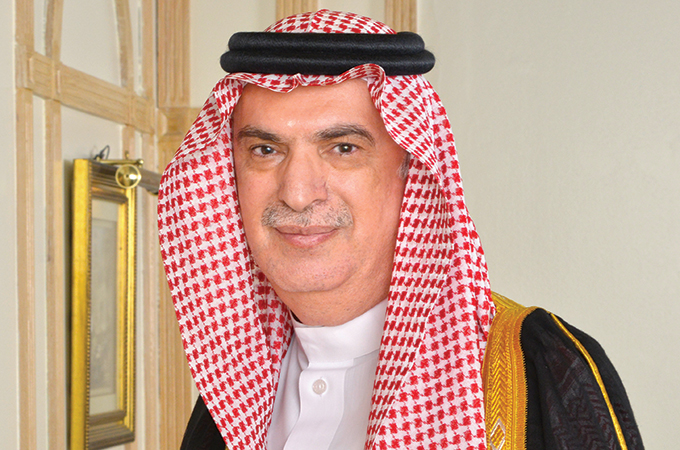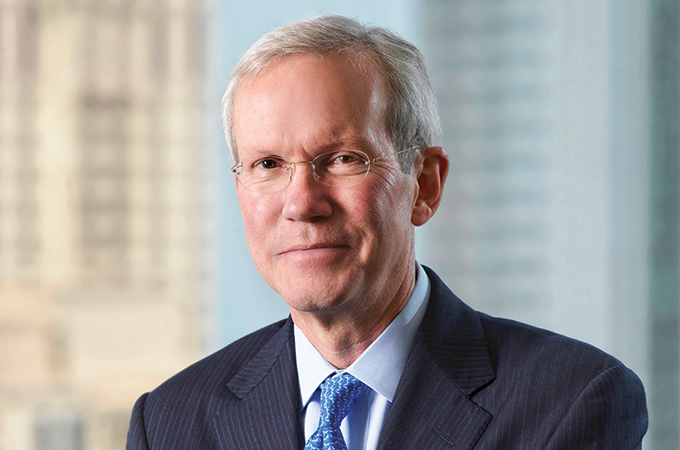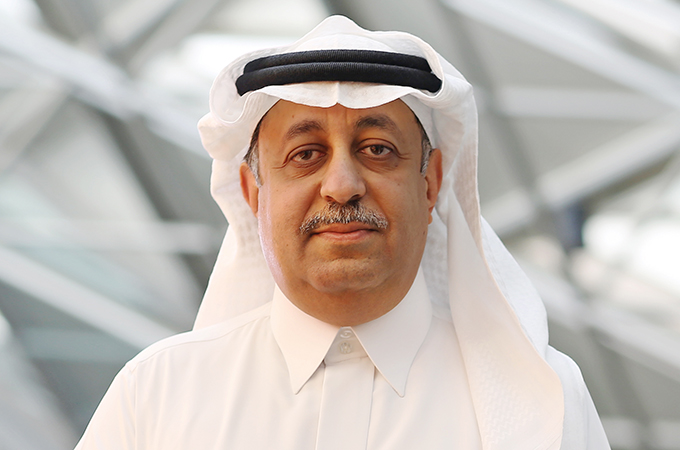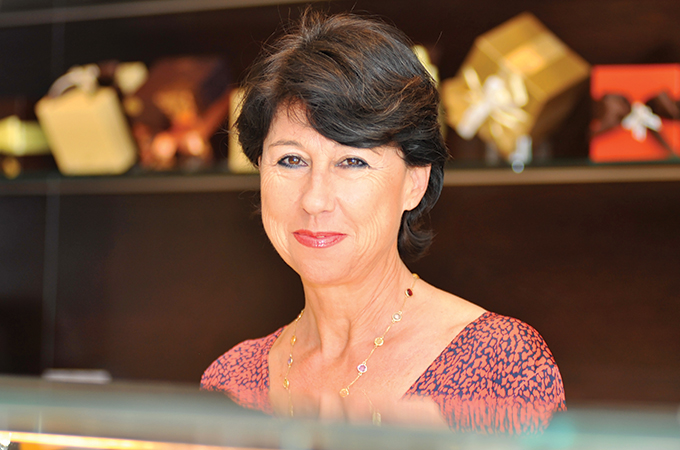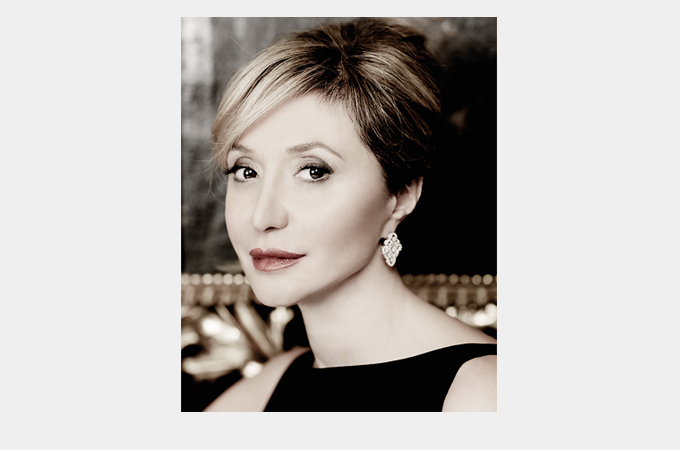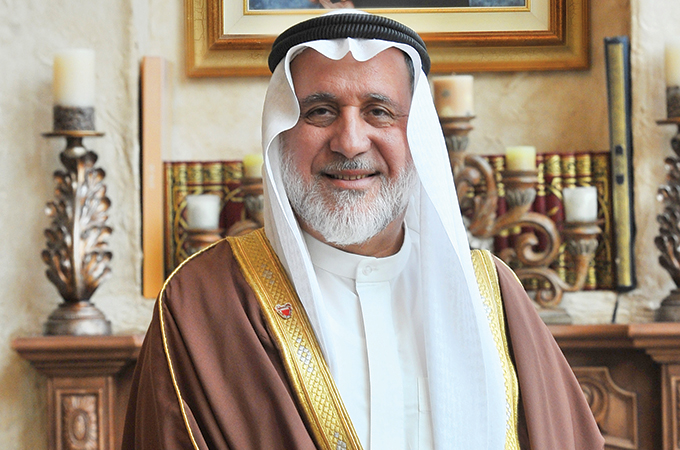Autumn 2019
Malta’s Prime Minister Dr Joseph Muscat is one of the youngest prime ministers across the globe. With a strong reformist agenda, he has brought about a major economic turnaround in the once sleepy island. The Premier spoke to Sree Bhat of Arabian Knight in an exclusive interview
Malta, a small Mediterranean island nation, has been punching above its weight in recent years with a robust economic growth brought about by a reformist, pro-people leadership.
The country of about 450,000 people and an area of about 316 sq km is just a dot on the global map, sitting pretty in the blue Mediterranean. However, its voice is powerful and well respected in the European Union – of which it’s a member nation for the past 15 years – and around the globe.
Popular Prime Minister Dr Joseph Muscat, who has a strong reformist agenda that is focused on diversification and innovation, is credited with bringing about a major economic turnaround in the once sleepy island. Malta is today the fastest growing economy in the European Union and it has an enormous ambition and resolve to succeed.
Arabian Knight was provided an exclusive opportunity to speak to Prime Minister Dr Muscat, at his imposing office in Valletta, on his policies and plans.
As you walk to the Prime Minister’s office in the historic quarters of Valletta with a number of colonial buildings vying for attention, there is a palpable vibrancy in the air. Tourists merge with relaxed-looking locals as they stand outside Auberge de Castille and take selfies, with no security officials to shoo them away or make them fall in line! A child plays on the decorative canons placed at the entrance, unmindful of the surroundings.
Dr Muscat is one of the youngest prime ministers across the globe. He first took the office in 2013 and was re-elected in 2017; he is just 45 now.
With a warm welcome and a firm handshake, the young leader eases this writer into conversation. There is a relaxed atmosphere in the stately, elegant office.
Many questions to ask, but time is short since Malta is hosting the summit of Southern European Union nations the next day. All the leaders are already in Malta and the Prime Minister has granted this interview despite his very hectic schedule.
Let’s begin with the relations between the Gulf states and Malta. The Arab countries in the Gulf and Malta have great synergies backed by historical ties that can be exploited to further enhance cooperation in every field, he says.
“These relations have always been good. The only difference from time to time is whether it’s good, very good or excellent. I would say it’s very good now,” he says with a smile.
He goes on to add: “The fact that we find ourselves at home with the Arab world and the Arab people find themselves at home in Malta is because of the nature of our country, our culture and our society. We are essentially a mixture of cultures or people, who have over time found a base here.
“Our language, in itself, is the biggest example of the Arab influence in Malta. Apart from this, our openness and our history as a merchant nation make us cosmopolitan in nature and naturally inclined to be open to other people,” he adds.
“We are friends with everyone in the region. We have seen the relations grow over the years. Classically, our relations have been mostly with Saudi Arabia in the 70s. Over time, they have developed and I think now the UAE is the country with which we have the closest of ties,” he continues.
Malta has become an attractive location for foreign direct investment in financial services, online gaming, information technology, maritime and aviation hubs and high value-added manufacturing clusters. It’s also a haven of safety and a healthy lifestyle.
Asked what are the guiding principles for the country in attracting foreign investment, particularly from the Gulf region, the Premier explains: “Malta doesn’t see things only from the prism of a business perspective. Everything starts from people-to-people relations. The proximity in terms of culture, mentality and mutual understanding is the basis for relationships between countries.
“Secondly, the acknowledgment that the region needs stability and peace – that has always been a central part of Maltese foreign policy and the country has earned a lot of respect for saying things at times are not popular.
“The third is definitely business and trade. Business acumen is almost complementary, especially between the people of the Gulf and the Maltese. We are also complementary in our offer, in the type of value addition we bring to the table – capital on one side and knowhow on the other. It is not a winner-takes-all approach; it’s a synergetic approach where we manage to create even more value together,” he highlights.
Dr Muscat’s administration is known for its flexibility, accessibility and foresight. He is also popular with the common man for his ‘can do’ approach.
“In order to really make a difference in the lives of the citizens that we represent, it’s imperative that we always seek that which unites us,” says Dr Muscat, who has been able to pull together a national consensus for the country’s economic growth, based on a restructured economy.
Discussing how the changes have been brought about, he says: “I think the main point is not being afraid of reforms, not being scared of changing things that have been the same for so many years. We started by focusing on the most pressing and needed of reforms. The first was in the energy industry, a sector that was, I would say, pre-historic in industrial terms. And the changes effected brought about cleaner and cheaper energy. It increased our competitiveness, while at the same time increasing the purchasing power by our households. That spurred off a virtual cycle of growth in our economy.
“Then there was the much-needed reform in the labour market that made it more convenient for people to get into employment, look for jobs or get themselves economically engaged. We had a large problem of lack of engagement of females in our workforce. With the reforms we enacted, chief among them the free universal child care, we managed to motivate and to allow many women to engage in the labour market.”
He further adds: “Economic turnaround does not come on its own; it doesn’t come because you wait for things to get better in other parts of the world thinking that then it will get better in your country. Economic turnaround comes when you work actively and with very focused policies. And these are two examples of such policies.”
Dr Muscat’s administration has also introduced large-scale changes to welfare with the introduction of social benefit tapering policies, increases in minimum wages, and private sector involvement in healthcare.
Malta is seen as the dual gateway for business in Africa and the Middle East. Speaking on the advantages of locating in Malta, Dr Muscat says: “I think one of our cutting-edge advantages is being a European jurisdiction in the Mediterranean. There are very few countries that can afford to say that. And that our infrastructure and rule of law allow for peace of mind and safety of any European jurisdiction, while at the same time providing access to some of the most thriving or potential regions in the world – the Gulf region and Africa. This gives the investors the best of both worlds.”
Dr Muscat is keen to highlight the diversified nature of Malta’s economy. “Our economy is not reliant on one single sector. If you look at the pie chart of the contributors to our economy, you will find at least 10 arcs. Manufacturing, tourism, financial services, and online services – they are all important sectors for us and we want to maintain that diversification. Most of the people will think that our biggest export is tourism or financial services. But they are not; our single biggest export is micro-chips, semiconductors which are found in mobile devices. Very few people know that some of the top pharmaceutical generic producers are based in Malta. We are also a major aviation maintenance hub in the Mediterranean; and a centre for movie production for Hollywood and now even Bollywood. This shows the diversity of our economy and we want to keep it that way.”
Dr Muscat has been quoted as saying earlier that he would like to see Malta become like Dubai and Singapore. So, what are the elements in these cities that attract him?
Without hesitation, he comes out: “Nimble states, which are small in size but, through innovation, have become centres of investment and creativity, while being cosmopolitan in character. These features are very attractive to me. I think Dubai and Singapore are standards with which we should be measured.”
Where has Malta reached so far in its ambition? “I think self-praise is no praise. Where we are now is for others to judge; rating agencies will say that. By nature, I am always an optimist, but I am never satisfied. So, I think we have moved forward, but there is much more to do,” Dr Muscat affirms.
During his official Dubai visit in 2016, Malta and Dubai signed an MoU on exchange of expertise in the field of smart applications. Asked on its progress, Dr Muscat says: “It’s going very well. In fact, through the help from the Government of Dubai, we have launched a number of applications ourselves, where we have improved our e-government experience. Our e-government system has been consistently rated as number one in the European Union. With this MoU with the Dubai Government, we have taken it to absolutely new levels. We have learnt a lot and it’s a recurrent relationship to which we give a lot of value.”
Malta has been with the European Union for more than 15 years. How has this turned out for the nation? Let’s listen to
Dr Muscat: “We see this as a very organic relationship and a positive experience. It’s positive because we don’t see it as us and them; we see it as only us. So, we consider ourselves European and we have found ourselves nicely in this family.”
Speaking on constraints and advantages, he adds: “It’s like joining a club; there are some rules you like and some you don’t. There are the visa constraints – people with whom we have had a friendly relationship ended up having to go through a cumbersome visa process to enable them to visit us. That’s something we don’t have control on. So those things can be problematic at times. On the other hand, we have access to a market of 400 million people. We are just 450,000 people and having access to such a huge market changes the game for us. So, it’s really and truly a package; a very positive package for us.”
The next question is, of course, Brexit, which he had described earlier as a “disastrous creature” and had hoped it may not happen. As the question is posed, Dr Muscat interjects to ask, “Is it coming … I don’t know”.
He explains further: “For us, the British are a traditional and historic partner. Saying that it will be business as usual is not on; surely, there will be an effect on us. We have worked very effectively so any negative impact is mitigated. On the other hand, it’s creating a lot of new opportunities and businesses for us. Companies based in the UK, which now want a base in EU, see Malta – a country with an Anglo-Saxon tradition, legislations very similar to those found in the UK and English as an official language – as one of natural places to relocate.”
Dr Muscat visited India in January this year and invited Indian pharmaceutical and IT industries to make Malta a potential hub for African and European markets.
“Our ties with India are progressing well; I would say we never had such a good relationship. I believe I enjoy a very good personal relationship with Prime Minister Narendra Modi and he hosted me very graciously in Ahmedabad. We will hear some very good news between Malta and India in the next few months,” he reveals.
Time is running out, but the Prime Minister graciously agrees to take a few more questions.
He is a big advocate of equality and has spoken passionately about the subject in global forums. We ask him what are some of the fundamental principles of his government?
“We believe that equality is not an a la carte menu. It’s not whether you choose to believe in equality on one side or not on the other side. It’s not imposing your values on others, but respecting others’ opinions and standing up for what we believe. Over time, we have proven that as a country we seriously believe in equality.”
The final one… what is the young Prime Minister’s vision for Malta? “A cosmopolitan capital of the Mediterranean,” he quips instantly.
Young Leader with a Vision
Malta’s Prime Minister Dr Joseph Muscat identifies himself as a progressive and liberal politician.
As a young politician, he has been able to bring about a cultural change to administration as well – the byword in ministries and the wider bureaucracy now is accessibility and flexibility. “If you have an idea, if it’s workable, we will help you to make it happen” – that is the mantra.
Dr Muscat was born in the Maltese town of Pietà on January 22, 1974 as the only son of a fireworks importer. He received his formal education at the Government Primary School in St Paul’s Bay, Stella Maris and St Aloysius’ College. He graduated with honours from the University of Malta in public policy and later received a Master’s degree in European Studies. In 2007, he attained a Doctorate of Philosophy in management research from the University of Bristol (UK).
From 1992 to 1997, he dabbled with journalism and was elected as a member of the National Executive of the Partit Laburista (Labour Party) at the tender age of 21 and later nominated as Education Secretary of the party. Dr Muscat also worked as a market intelligence manager and investment adviser. He successfully contested the first European Parliamentary elections in Malta in 2004. In 2006, he was the recipient of the Outstanding Young Person of the Year award. In 2008, he was elected as the Leader of the Partit Laburista and remained Leader of the Opposition from 2008 to 2013.
As head of the party, he rebranded the Labour Party, which embraced an increasingly socially liberal position. The 2013 general election led to Dr Muscat becoming Prime Minister.
The Prime Minister says he enjoys cooking and indulges in this hobby at least once a week on Saturdays. “Every week I cook, and I cook very well. I have never received any complaint. No, not even my wife has complained and that means it should be very good,” he adds amid laughter.
Dr Muscat is married to Michelle née Tanti and they have twins, Etoile Ella and Soleil Sophie.
Does he get time to spend with his young family, play with his twins?
“Yes, I do,” he says, stressing the importance of family for him. “I try to give Saturdays just for family; Sundays are half work and half for the family; and the rest of the week is work,” he says.
What about holidays? “I do go on holidays and they are well-documented…” he laughs.



